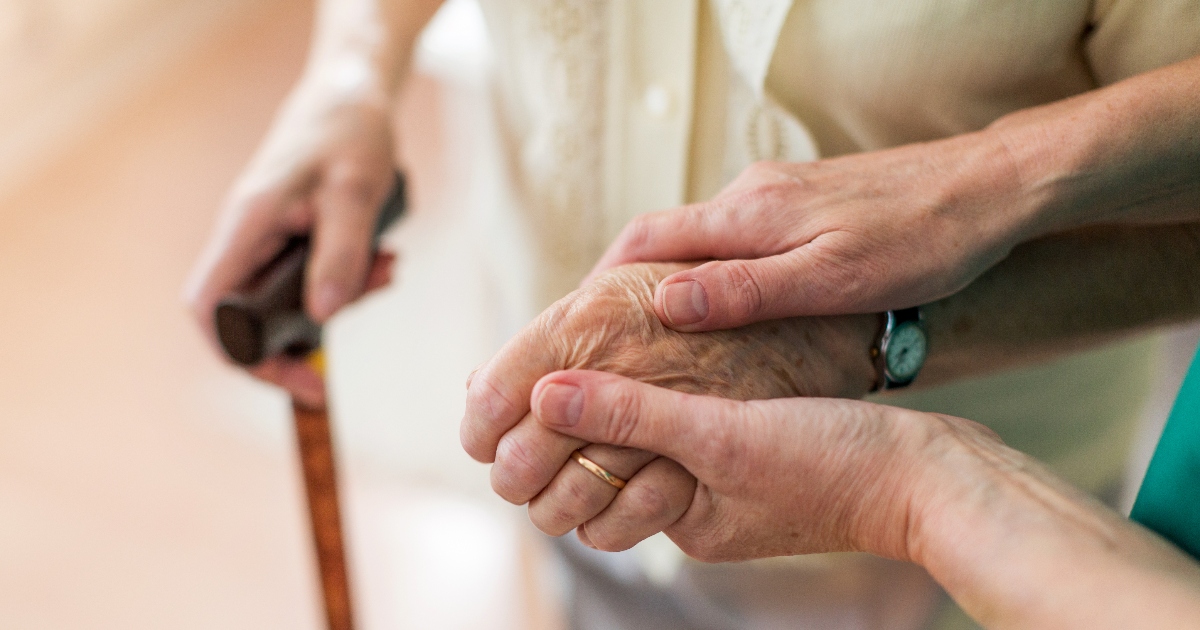 A disturbing trend has come to light in the nursing home industry, and that is facilities seeking guardianship of incapacitated residents in order to secure payments for outstanding debts. The reason is simple: Once guardianship is attained, the home may access the patients bank account to pay themselves without dispute.
A disturbing trend has come to light in the nursing home industry, and that is facilities seeking guardianship of incapacitated residents in order to secure payments for outstanding debts. The reason is simple: Once guardianship is attained, the home may access the patients bank account to pay themselves without dispute.
While the notion of such an action may be appalling, it is a completely legal way of ensuring the nursing home is paid. By filing paperwork to secure guardianship of the incapacitated resident, nursing homes are utilizing valid legislation to their advantage while the residents families are left to fight for the right to care for their loved one.
One story recently published by the New York Times humanizes the issue with the case of Lillian Palermo and her husband, Dino. The pair, who have been married for over 30 years, were in the grips of a guardianship lawsuit after Dino allegedly failed to pay $68,000 worth of questionable charges by Mary Manning Walsh Nursing Home. Despite Dinos unwavering presence at Lillians side since she entered the facility in 2010 and his undeniable ability to care for her, Mary Manning Walsh filed a petition for guardianship to collect on the debt.
The situation devastated Dino and resulted in a court evaluator eventually ruling that Dinos guardianship could be reinstated, but only after thousands of dollars in court fees and an increase in Lillians monthly co-pay, which the Palermos were already struggling to cover.
However questionable the motives of these guardianship suits may be, the Palermos situation is not unique. According to the Times article, a Hunter College research studied 700 random and anonymous samples of guardianship cases filed in Manhattan within the past 10 years. It found that 12 percent of the cases were filed by nursing homes. Though many of these may have been brought in response to family feuds or suspected embezzlement, some industry experts are adamant that the nursing homes intentions are less than noble more often than not.
Its a strategic move to intimidate, Ginalisa Monterroso tells the Times. As the former coordinator for patient Medicaid accounts at Mary Manning Walsh Nursing Home, Monterroso stresses that guardianship suits are almost always an attempt to collect on unpaid bills.
At whatever cost, families like the Palermos are stuck fighting for a right they once thought to be undeniable after a nursing home files such a suit. In Dinos case, Lillian had appointed her husband as her healthcare proxy and granted him power of attorney a decade earlier, which meant nothing the moment the petition for guardianship was handed down from Mary Manning Walsh. At that point, the struggle began, and though the Palermos won their battle, too many other families in their situation may not.
At PKSD, our nursing home abuse lawyers understand the stresses that family members can experience when a loved one becomes a resident in a nursing home, and when paperwork is involved that concerns the facility, our injury lawyers in Milwaukee, WI encourage families to fully understand what they are committing to before anything is signed.






